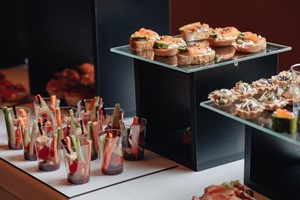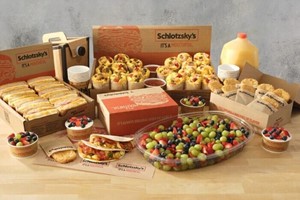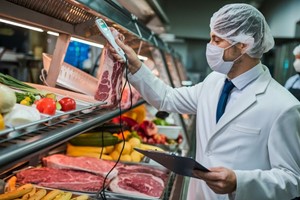In the competitive food industry, a menu is far more than a list of dishes. It serves as a strategic tool that can elevate customer experiences, optimize operational efficiency, and significantly boost profitability. Crafting a successful menu demands more than culinary creativity—it requires a combination of strategic insights, market knowledge, and innovative techniques. This is where food and beverage consultants become invaluable partners for businesses looking to stand out in a crowded marketplace.
The Strategic Role of Menu Engineering
Menu engineering is the art and science of designing menus that balance creativity, profitability, and customer satisfaction. It goes beyond simply listing items, incorporating strategies that drive sales, highlight high-margin dishes, and enhance the overall dining experience. Businesses in the food industry, from restaurants and hotels to catering services, can benefit greatly by adopting a structured approach to menu development.
Food and beverage consultants play a crucial role in this process, combining culinary expertise with strategic thinking to create menus that are innovative, practical, and aligned with business goals.
The Consultants’ Approach to Menu Development
Food and beverage consultants take a comprehensive approach to menu engineering. Their process typically involves:
- Market Research: Understanding current food trends, analyzing competitors, and identifying customer preferences.
- Strategic Design: Creating menus that highlight high-margin items and guide customer choices through thoughtful design and placement.
- Operational Efficiency: Ensuring that the menu aligns with the kitchen’s capabilities and supports scalable operations.
This holistic approach ensures that the menu is not only appealing to customers but also supports the business’s bottom line.
Key Elements of Effective Menu Engineering
- Integrating Global and Local Trends
Today’s customers expect menus to reflect both global influences and local tastes. Trends like plant-based eating, sustainability, and fusion cuisine are increasingly shaping consumer choices. Consultants help businesses identify relevant trends and adapt them to their brand’s identity.
For example, incorporating locally sourced, seasonal ingredients not only aligns with sustainability trends but also resonates with regional tastes, creating a unique selling point for the business. - Crafting Balanced Menus
An effective menu caters to a diverse customer base without overwhelming diners with excessive choices. Consultants focus on achieving variety while ensuring that each dish aligns with the business’s identity and customer expectations.
Dietary preferences and restrictions are also a critical consideration. Adding options like plant-based, gluten-free, and allergen-friendly dishes can broaden a menu’s appeal, making it inclusive for all diners. - Using Menu Psychology to Drive Sales
The layout and design of a menu significantly influence customer choices. Food and beverage consultants employ strategies such as: - Highlighting signature dishes with visual cues.
- Placing profitable items in prime locations on the menu.
- Using descriptive language to enhance the perceived value of dishes.
These techniques subtly guide customers toward high-margin items, boosting revenue without compromising the dining experience. - Optimizing Costs Without Sacrificing Quality
Cost optimization is a key focus for any business in the food industry. Consultants analyze ingredient costs, portion sizes, and preparation methods to ensure profitability while maintaining high quality.
By sourcing ingredients smartly and streamlining kitchen operations, businesses can achieve cost savings without compromising on taste or presentation. - Leveraging Technology for Personalization
In the digital era, personalization is a powerful tool for building customer loyalty. Technologies like AI-driven recommendations, digital menus, and data analytics enable businesses to tailor menu offerings to customer preferences.
For instance, sales data can reveal the most popular dishes, allowing businesses to refine their menu and focus on what customers love. This not only enhances customer satisfaction but also drives repeat business.
Innovation Meets Practicality
Menu engineering is not just about creativity; it’s about combining innovation with operational practicality. Through hospitality consulting, food and beverage consultants ensure that menu strategies are aligned with broader business goals, market conditions, and brand identity.
For businesses in the food industry, investing in professional menu engineering is a pathway to staying competitive and driving growth. A well-crafted menu not only delights customers but also supports long-term profitability and brand differentiation.
A thoughtfully designed menu can transform a business, blending creativity, strategy, and practicality to create a winning formula. By partnering with food and beverage consultants, businesses can craft menus that reflect their brand’s unique identity, maximize profitability, and adapt to ever-changing industry trends.
Whether you’re launching a new restaurant, revamping your catering service, or looking to refresh your offerings, strategic menu engineering can provide the edge you need to thrive in today’s dynamic food industry.
foodHQ Staff











